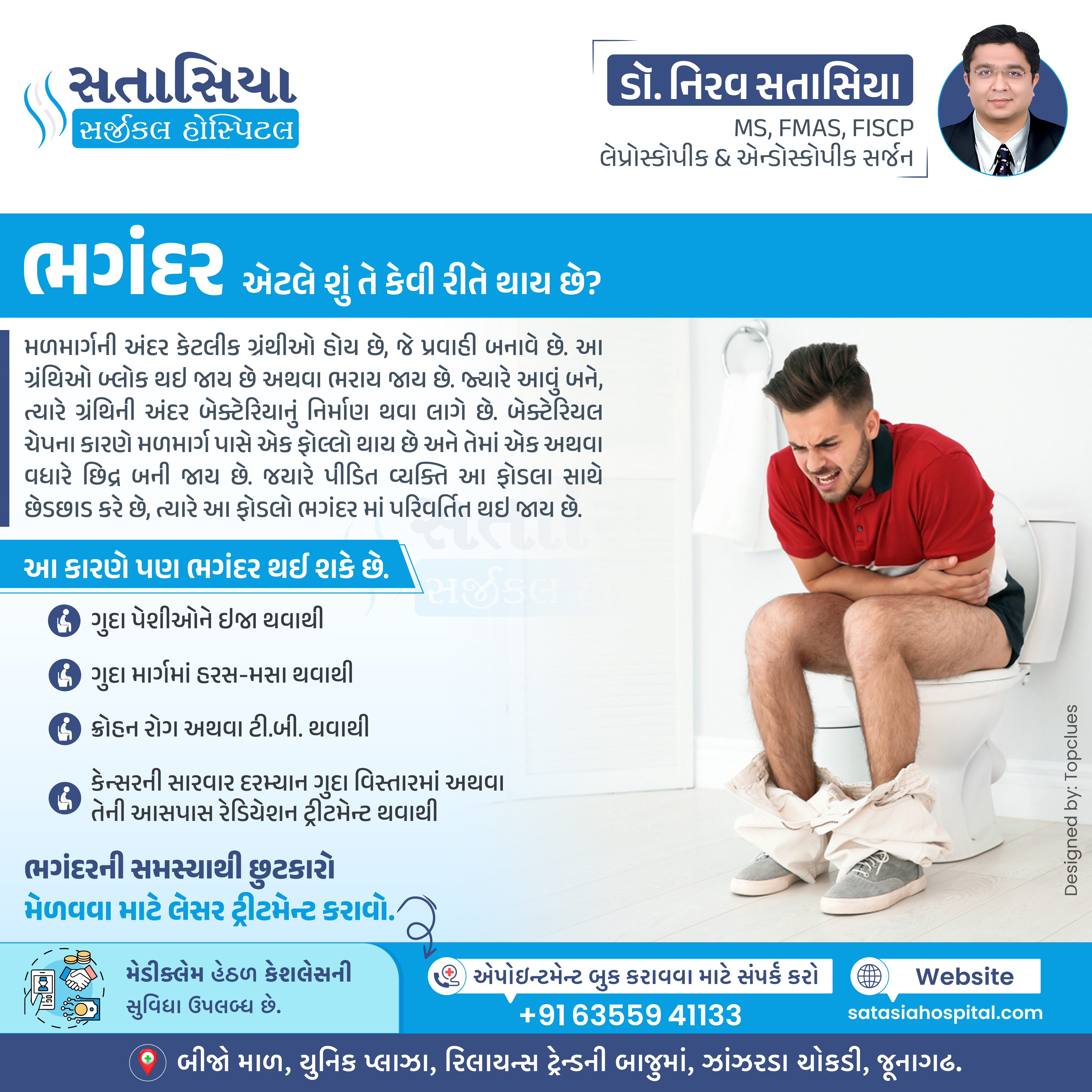
What Does Fistula Mean and How Does It Occur?
A fistula is a medical condition characterized by an abnormal connection or passageway between two body parts, such as organs, tissues, or vessels, that do not normally connect. Often linked to infections or inflammation, fistulas can lead to serious complications if not treated promptly.
Understanding the Causes of Fistula
Fistulas often develop as a result of blocked glands, infections, or tissue damage. Below are some key causes:
- Blocked Glands in the Urinary Tract:
- - The glands in the urinary tract or anal region can become clogged due to various factors, such as improper hygiene or chronic infections.
- - Bacteria can accumulate in these blocked glands, leading to the formation of pus and eventual infections.
- Bacterial Infections:
- - Persistent bacterial infections may erode the surrounding tissues, creating abnormal openings or passageways.
- - Common infections that lead to fistulas include abscesses near the anus or urinary tract.
- Tissue Injuries:
- - Injuries to anal or surrounding tissues may cause severe inflammation, which can contribute to the development of fistulas.
- - Conditions such as Crohn's disease, which affects the digestive tract, can increase the likelihood of fistulas.
- Chronic Diseases:
- - Diseases like Crohn's disease, ulcerative colitis, or tuberculosis can cause recurring inflammation that contributes to fistula formation.
- - Herpes and other sexually transmitted infections may also lead to fistula development if the tissues in the anal or genital areas are severely damaged.
- Neglected Symptoms:
- - Ignoring early symptoms of abscesses, swelling, or pain can allow the infection to spread and worsen, leading to more complex fistulas.
How Fistulas Progress
If untreated, fistulas can lead to severe health complications.
- Increased Risk of Malignancy:
- - Chronic infections associated with fistulas can increase the risk of cancer in the affected areas.
- Recurring Infections:
- - Without treatment, fistulas can cause repeated bacterial infections, affecting the patient’s overall health.
- Other Health Concerns:
- - Pain, swelling, and discharge are common symptoms that can severely affect a patient’s quality of life.
- - Difficulty in maintaining hygiene can exacerbate the problem and lead to social discomfort.
Signs and Symptoms of Fistula
If you experience any of the following symptoms, it is important to seek medical advice promptly:
- - Persistent pain near the anus or urinary tract.
- - Swelling, redness, or warmth in the affected area.
- - Foul-smelling discharge or pus.
- - Difficulty in bowel movements or urination.
- - Recurring abscesses or infections.
How Is a Fistula Treated?
Modern medicine offers effective solutions for treating fistulas. Laser treatment and laparoscopic surgery have emerged as the most effective methods for resolving this condition.
- Laser Treatment:
- - Laser treatment is a minimally invasive procedure that uses focused light to treat the infected tissues and close the abnormal passage.
- - This technique minimizes bleeding and promotes faster recovery.
- Laparoscopic Surgery:
- - Laparoscopic surgery, also known as keyhole surgery, is another advanced technique used to treat fistulas.
- - It involves small incisions and the use of a camera to guide the surgical procedure, ensuring precision and reducing the recovery time.
- Conventional Surgery:
- - In severe cases, traditional surgery may be required to remove the infected tissues and repair the fistula.
- - Although it involves a longer recovery period, it remains a reliable option for complex fistulas.
Why Opt for Expert Care?
Choosing the right healthcare professional and hospital for fistula treatment is crucial. A qualified laparoscopic surgeon in Junagadh can ensure accurate diagnosis and effective treatment. Additionally, the best surgical hospital in Junagadh will provide state-of-the-art facilities and expert care, increasing the chances of a successful recovery.
Preventing Fistulas
Prevention is always better than cure. Here are some tips to reduce the risk of developing a fistula:
- Maintain Proper Hygiene:
- - Regularly clean the anal and genital areas to prevent bacterial infections.
- Monitor Your Health:
- - Be vigilant about symptoms such as pain, swelling, or discharge, and seek medical advice if they persist.
- Manage Chronic Diseases:
- - If you have conditions like Crohn's disease or diabetes, work closely with your healthcare provider to manage them effectively.
- Stay Hydrated and Eat a Balanced Diet:
- - A diet rich in fiber can prevent constipation, reducing the strain on anal tissues and lowering the risk of fistula formation.
When to Consult a Doctor?
If you notice any symptoms of fistula or experience recurring infections, it is important to consult a specialist without delay. Early intervention can prevent complications and ensure a faster recovery. A laparoscopic surgeon in Junagadh can guide you through the treatment options available. Opting for care at the best surgical hospital in Junagadh ensures you receive the highest standards of treatment.
Conclusion
Fistulas can cause significant discomfort and lead to serious complications if untreated. However, with modern treatment options like laser therapy and laparoscopic surgery, patients can achieve effective and lasting relief. Always prioritize your health and seek professional medical advice if you notice any symptoms. Remember, the right care from a laparoscopic surgeon in Junagadh at the best surgical hospital in Junagadh can make all the difference.
